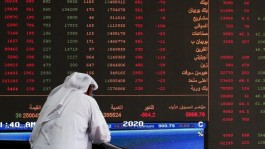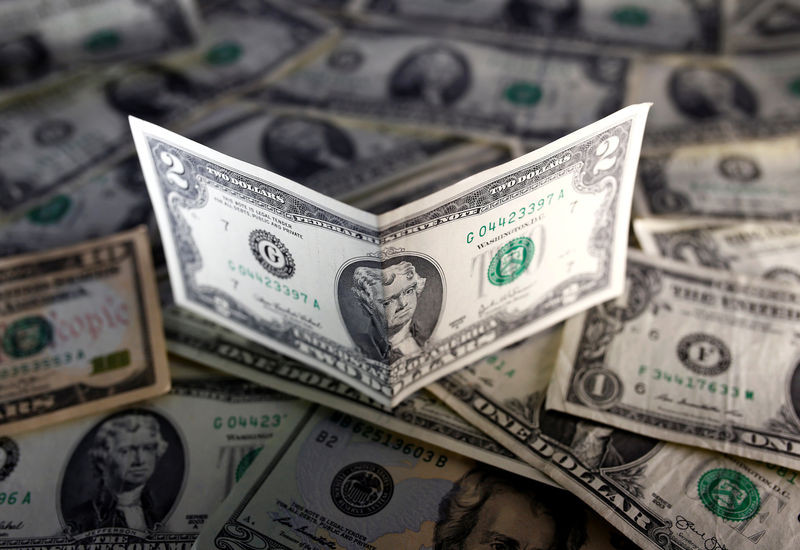The U.S. dollar rallied against a basket of the other major currencies on Friday, bolstered by a strong U.S. jobs report for July and comments by a Trump administration official about tax reform.
The Labor Department reported Friday that the U.S. economy added 209,000 jobs last month, beating expectations for a gain of 183,000 and the unemployment rate ticked down to 4.3%.
The report also showed that average hourly earnings increased by 9 cents or 0.3% last month to $26.36 an hour, the largest monthly increase since October.
Wages increased by 2.5% on a year-over-year basis, matching June’s increase.
The uptick in wage growth indicated that inflationary pressures are firming. Markets believe stronger inflation will enable the Federal Reserve to stick to its plans for a third interest rate hike this year.
The dollar received an additional boost after Gary Cohn, director of the White House National Economic Council, revived hopes for tax reform in an interview on Bloomberg TV.
The U.S. dollar index, which measures the greenback’s strength against a trade-weighted basket of six major currencies, was up 0.72% at 93.37 late Friday.
For the week the index gained 0.33%, its first weekly percentage gain in four weeks.
The dollar has come under pressure in recent months amid doubts over whether the Fed would raise rates again this year and diminished expectations for tax reform and fiscal stimulus under the Trump administration.
The euro fell against the dollar, with EUR/USD down 0.83% to 1.1770, off the two-and-a-half year high of 1.1909 set on Wednesday.
The dollar was higher against the yen, with USD/JPY last at 110.69, up 0.6% for the day after rising as high as 111.04 earlier.
Sterling was also lower against the dollar, with GBP/USD down 0.73% to 1.3042.
In the week ahead, investors will be looking ahead to Friday’s U.S. inflation figures to gauge whether the economy is strong enough for the Fed to stick to its planned tightening path.
Appearances by a number of Fed speakers will also be in the spotlight.
Ahead of the coming week, Investing.com has compiled a list of these and other significant events likely to affect the markets.
Monday, August 7
New Zealand is to release data on inflation expectations.
Switzerland is to publish inflation data.
The UK is to produce an industry report on house price inflation.
Financial markets in Canada are to remain closed for a holiday.
Minneapolis Fed President Neel Kashkari and New York Fed President William Dudley are both due to speak.
Tuesday, August 8
Australia is to release a report on business confidence.
China is to publish its latest trade figures.
Wednesday, August 9
China is to release inflation data.
Canada is to report on building permits.
The U.S. is to report on nonfarm productivity and labor costs.
Thursday, August 10
The Reserve Bank of New Zealand is to announce its benchmark interest rate and publish a rate statement which outlines economic conditions and the factors affecting the monetary policy decision. The announcement is to be followed by a press conference.
The UK is to report on manufacturing production and trade.
Canada is to publish data on new house price inflation.
The U.S. is to release reports on initial jobless claims and producer prices.
New York Fed President William Dudley is speak about wage inequality in his region.
Friday, August 11
Financial markets in Japan are to remain closed for a holiday.
Dallas Fed President Rob Kaplan and Minneapolis Fed chief Neel Kashkari are to speak and the U.S. is to round up the week with what will be closely watched data on consumer price inflation.
Investing.com






































